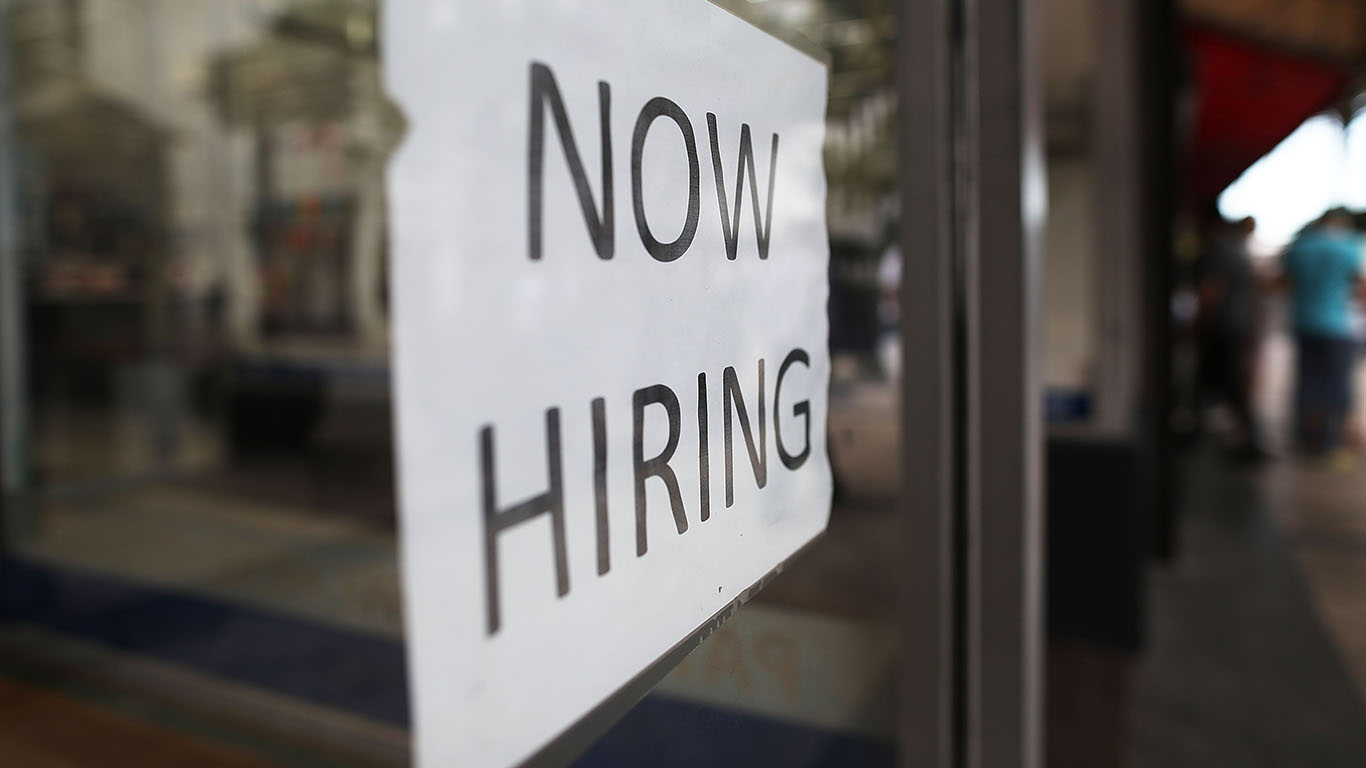
Shortly after the outbreak of COVID-19, the Census Bureau launched a vast initiative to measure the effects of the disease on Americans. It is called the Household Pulse Survey. So far, the results have been released in three phases, which began with the first study that was in the field starting April 23, 2020. The data is released by week.
Each weekly report actually covers about two weeks of information gathered by the Census Bureau and other federal agencies. Among the questions asked each week is about “Telework”. The goal of this part of the survey is to find out the “Percentage of adults living in households where at least one adult has substituted some or all of their typical in-person work for telework because of the coronavirus pandemic.”
Current data also covers Week 27 and includes the results of questions about income loss, the percentage of Americans who worry about foreclosure, have food scarcity, food insecurity, difficulty in paying household expenses, and whether people have received a COVID-19 vaccine and whether those not vaccinated plan to be.
The work is done in partnership with the Bureau of Labor Statistics (BLS), Bureau of Transportation Statistics, Centers for Disease Control and Prevention (CDC), Department of Housing and Urban Development, National Center for Education Statistics, National Center for Health Statistics, Social Security Administration and USDA Economic Research Service.
Data come from the 50 states, the District of Columbia and America’s largest metro areas.
The state where the most people are working from home is Utah at 51.9%. The U.S. average is 39.1%. Utah is followed by New Jersey at 51.1%, and Massachusetts at 50%. At the other end of the spectrum, the Mississippi percentage is 19.6% followed by Arkansas at 25.2% and Wyoming at 26.3%.
There is a great deal of debate about whether people will return to work at an office, even once the pandemic is under control. Most experts believe a large portion of people will do so, but that some portion of the population will work remotely on a permanent basis.
Click here to read This Is The Best American City To Find A Job
Thank you for reading! Have some feedback for us?
Contact the 24/7 Wall St. editorial team.



